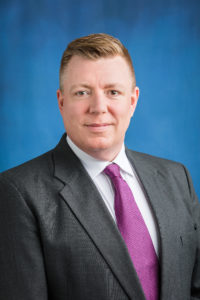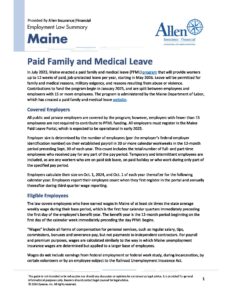How can you get closer to achieving your financial goals? Depending on your income, assets, investments, and personal knowledge of finance, you may feel you can do a great job managing your money on your own. But according to a recent report from Boston research firm Cerulli Associates, the number of Americans willing to pay for financial advice has increased from 38 percent in 2009 to 63 percent in 2022. Why are more clients seeking help, how can a financial advisor make a difference, and is the advice worth the cost? Let’s explore answers to these questions.
There are many reasons why you might need a financial advisor:
Complex investment options. As the financial landscape changes, there are many more choices to make regarding investments, along with new regulations that may be difficult to navigate without professional guidance.
Aging baby boomers. A large percentage of the population is nearing retirement and seeking help to figure out how to maximize their savings to live comfortably after ending their careers. Longer life expectancies have also made retirement planning and guidance more important across age groups.
Economic factors. In times of market volatility, financial guidance becomes especially important. Inflation was a big concern for many people in 2022. Financial advisors can help answer questions like “will rising inflation affect my goal of retiring in the next 10 years, or do I need to adjust my portfolio to better keep up?”
The Benefits
There are many ways a financial advisor can offer value and assistance you may not be able to achieve on your own.
Saving time, reducing stress, and avoiding mistakes. Sure, you can do all the research, but having professional advice you trust and a knowledgeable person to ask when you’re unsure takes much less time and reduces the anxiety of trying to get it right on your own. In addition, working with an advisor can help you avoid making critical financial mistakes (e.g., taking on an inappropriate level of risk within your portfolio for your investment goal), which can be costly and detrimental to your financial plans.
Professional advice. Even if you devote time to doing your own financial research, an advisor likely has a more comprehensive financial education and more investing experience than you have. The experience an advisor brings can inform your strategies and get you closer to achieving your financial goals.
Staying on track. Regular check-ins with your advisor can help keep you on course toward your financial goals, keep track of your progress, and adjust your saving and investing strategies when necessary.
Comprehensive planning. Although you may have the resources to study new investment options or specific savings tools such as IRAs or 529 plans, it would be time-consuming to master the wide-ranging planning strategy that a financial advisor could help you create. In addition to asset accumulation, an advisor can provide insight into budgeting, saving, retirement planning, estate planning, tax planning, debt management, risk management, and business planning.
Possible access to connections. Advisors may collaborate with a network of attorneys, CPAs, insurance agents, and other professionals who can work together to help you achieve your goals.
How to Evaluate and Choose an Advisor
The best way to begin your search for a financial advisor is to ask family and friends for recommendations. If someone you know and trust vouches for the advisor, of course, there’s a better chance of finding a good match versus choosing one at random. So, what should you look for when choosing an advisor to help guide your financial decision-making?
Firm affiliation, experience, and certification. Just as you would evaluate the résumé of a potential hire, you should evaluate the education and background of a potential financial advisor. If your advisor has designations, research them and find out what the requirements were for obtaining them. Some designation requirements are more rigorous than others. You may want to look for continuing education, any examination requirements and adherence to a code of ethics.
Fee structure. Some financial professionals collect commissions based on the investments they pick or the products they sell you. Others charge a flat fee or a percentage fee based on assets under management regardless of their recommendations or your investments. Be sure to ask about your financial advisor’s fee structure and how they get paid.
Trust and personal attention. Your advisor should give you as much information as you need to make the best financial decisions for you and your family. So, it’s important to feel your advisor is listening to you, considering your circumstances and needs, and making recommendations you trust.
The Value
Whether working with a financial advisor is worth the cost depends on several factors. You may consider whether the potential investment growth you expect will be more than the advisor fee, but that’s not the only consideration. As the saying goes, time is money. So, the time you may save if you don’t have to educate yourself about various aspects of financial planning and investing should also factor into the benefit. You can also consider the benefits of working with a financial planning professional over time for things such as retirement planning, saving for education, and tax planning. Finally, the sense of financial security a trusted advisor can provide is priceless to some.
If you, a friend, or family member is considering working with a financial advisor, we’d love to hear from you. As always, we aim to provide support and help you reach your financial goals.
© 2024 Commonwealth Financial Network®








